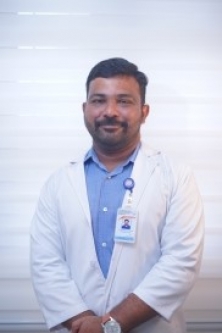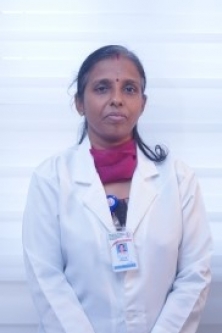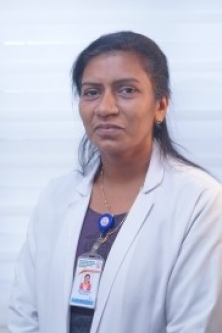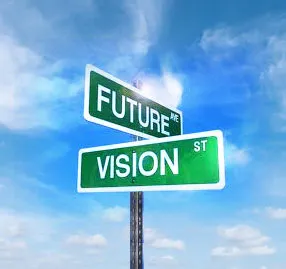- About Us
- Infrastructure
- Academics
- Student Activities
- Information of Clause B.1.11
- Principal & Medical Superintendent
- Teaching staff list
- Non Teaching Staff List
- Intake Capacity of UG & PG courses
- Students Admission List
- Research Publications
- University Details
- Exam Result
- University Affiliation
- Clinical Material
- Status of Recognition of the Courses
- Biometric Attendance Dashboard
- Stipend
- Annual Disclosure Report
- Help Line
- Contact
-
×










